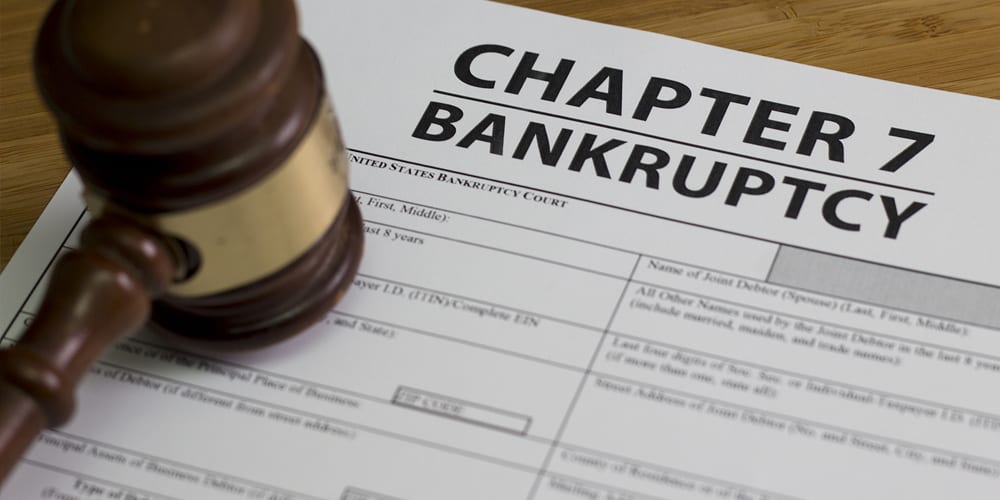In today’s fast-paced world, many individuals and businesses may find themselves facing overwhelming financial challenges. When debts become unmanageable and creditors are https://www.investingblog.org/ knocking on your door, it can be incredibly stressful. Fortunately, there are legal options available to help you regain your financial footing. One such option is Chapter 7 bankruptcy, a fresh start for those in dire financial straits. In this article, we will delve into Chapter 7 bankruptcy, its key aspects, and how it can provide relief to those in need.
Understanding Chapter 7 Bankruptcy
Chapter 7 bankruptcy, often referred to as “liquidation bankruptcy,” is a legal process that allows individuals and businesses to discharge their unsecured debts, providing them with a fresh financial start. It is the most common form of bankruptcy filed in the United States.
Eligibility for Chapter 7
Before filing for Chapter 7 bankruptcy, it’s crucial to determine your eligibility. To qualify, individuals must pass a means test, which assesses their income and financial situation. If your income is below the state median or you are unable to repay your debts, you are likely eligible for Chapter 7.
The Bankruptcy Filing Process
Filing for Chapter 7 bankruptcy involves a series of steps, starting with the submission of a petition to the bankruptcy court. The court will assign a trustee to your case, who will oversee the liquidation of non-exempt assets to repay creditors.
Automatic Stay: What It Means
One of the most significant benefits of Chapter 7 bankruptcy is the automatic stay. When you file for Chapter 7, an automatic stay goes into effect, halting all collection activities and lawsuits from creditors. This provides much-needed relief from the constant pressure of debt collectors.
Liquidation of Assets
In Chapter 7, non-exempt assets are liquidated to pay off creditors. It’s essential to understand the difference between exempt and non-exempt property. Exempt property is protected from liquidation and includes essential assets like your home, vehicle, and personal belongings.
Debtor’s Duties and Responsibilities
As a debtor in a Chapter 7 bankruptcy case, you have certain duties and responsibilities, including cooperating with the trustee, attending the creditors’ meeting, and providing accurate financial information.
Creditors’ Meeting
A critical part of the Chapter 7 process is the creditors’ meeting. During this meeting, the debtor and creditors discuss the case, allowing creditors to ask questions and assess the debtor’s financial situation.
The Role of the Trustee
The trustee plays a pivotal role in Chapter 7 bankruptcy. They are responsible for gathering and selling non-exempt assets, distributing the proceeds to creditors, and ensuring that the process is fair and legal.
Discharge of Debts
Upon successful completion of the Chapter 7 process, your eligible debts are discharged. This means you are no longer legally obligated to repay them. It’s a fresh start, free from the burden of overwhelming debt.
Reaffirmation Agreements
In some cases, debtors may choose to reaffirm certain debts, such as a mortgage or car loan, to retain possession of specific assets. Reaffirmation agreements should be carefully considered and are subject to court approval.
Benefits of Chapter 7 Bankruptcy
Chapter 7 bankruptcy offers several advantages, including a quick debt relief process, the elimination of unsecured debts, and the protection of exempt assets, giving you a chance to start anew.
Potential Downsides
While Chapter 7 provides significant benefits, it’s essential to be aware of potential downsides, including the impact on your credit score and the risk of losing non-exempt assets.
Conclusion
Chapter 7 bankruptcy can be a lifeline for individuals and businesses drowning in debt. It offers a fresh start, protection from creditors, and the chance to rebuild your financial future. If you’re struggling with unmanageable debt, consult a bankruptcy attorney to explore whether Chapter 7 is the right solution for you.
